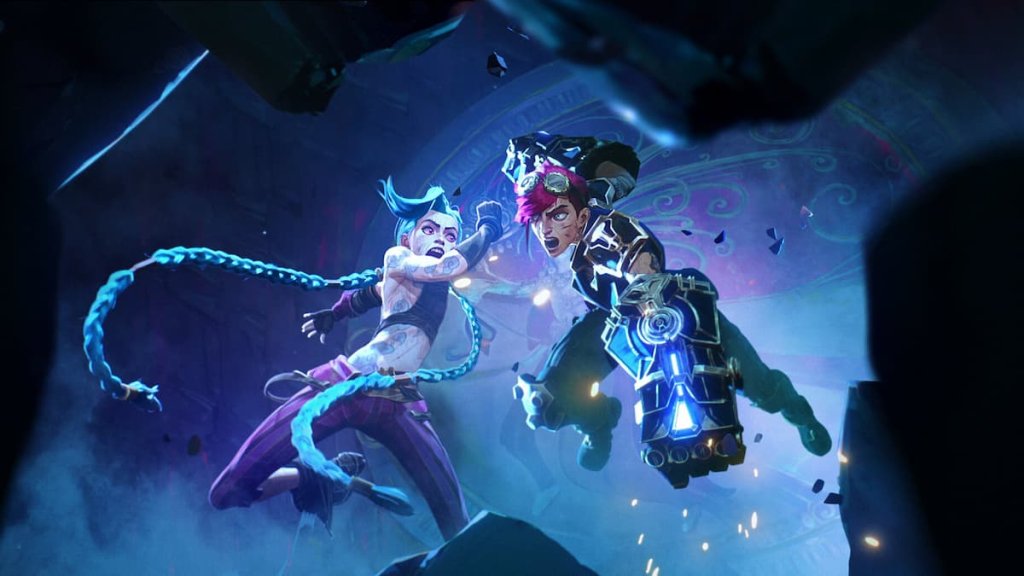
LCK Franchise Model Receiving Great Interest
The League of Legends Champions Korea (LCK) will change into a franchised league starting in 2021. Of the four major premier regional leagues in League of Legends (LoL) esports, South Korea will be the last to become franchised, after China’s League of Legends Pro League (LPL), North America’s League of Legends Championship Series (LCS) and Europe’s League of Legends European Championship (LEC).
We already covered the announcement and the initial interested parties in our previous LCK franchising article. The 21 organizations that applied for LCK partnership are still undergoing review. The LCK will publicly announce partners in late September.

© LCK / LoL Esports
Comparing LCK Franchise model to other LoL Leagues
The Tencent League of Legends Pro League was the first LoL league to implement franchising in the Summer season of 2017. Twelve teams became franchised partners. This grew to fourteen teams in 2018, sixteen teams in 2019, and seventeen teams in 2020.
Starting from the 2018 Spring season, North America’s LCS became franchised with ten teams. The LCS has maintained the number of teams, although several of the founding franchises have changed. Starting in 2020, the Dignitas, Immortals, and Evil Geniuses organizations replaced the Clutch Gaming, OpTic Gaming, and Echo Fox franchises.
From the 2019 Spring season, the European League of Legends Championship Series (EU LCS) rebranded to the LEC as it changed to a franchised league. Like the LCS, the LEC started with and continues to feature ten partner teams. Unlike the LCS, the LEC has thus far retained its founding partners.
Reportedly, the buy-in for the LCS, LEC, and LCK franchise spots was approximately 10 million USD or the equivalent of that in local currency. The starting bidding price for the most recent LPL expansion for 2020 was reportedly 80 million Chinese yuan (11.63 million USD).
In the case of the LCK, teams not currently competing in the LCK reportedly have to pay an additional 12-15 billion Korean won (10-12 million USD) on top of the initial buy-in fee.
The LCK will start 2021 franchising with a minimum of ten partner teams.
Who is Investing in the LCK?
Reportedly, many teams are gathering investors as part of their bid to partner with the LCK for 2021 franchising. Most of the current LCK teams currently have major backing from their parent companies and/or have received additional major investments from prominent personalities and companies.
Three-time LoL world champions and defending LCK champion T1 (formerly SK Telecom T1) is owned by T1 Entertainment & Sports, a joint venture between Comcast Spectacor and SK Telecom. T1 announced on July 24 an additional sponsorship from Hana Bank. T1 previously formed sponsorships with major brands such as Nike, Samsung Electronics, BMW, and Logitech.
Gen.G is another LCK team that received sponsorship from the automotive industry. IN their case, the sponsorship was from Han Sung Motor, an official dealer for Mercedes Benz in South Korea.
Current LCK first-place team DragonX (DRX) has sponsorship deals with Internet company Kakao, energy drink producer Red Bull, and automotive manufacturer McLaren. In addition, DRX has raised over 27 billion Korean won (~22.6 million USD) in investments from companies such as ATU Partners and Kibo Steel and individuals like actor Yong-joon Bae.
Food and beverage company Nongshim acquired LCK participant Team Dynamics on June 18. Another competitor in the LCK, SeolHaeOne Prince (SP) formed a sponsorship with Seolhaeone Resort in the Gangwon Province. SP’s owner, Absolute Power Esports, also announced that Sehun, a member of K-pop boy band EXO, had joined as an investor.
Is the Franchise Model Good for the LCK?
While franchising is new for South Korean esports, franchised leagues are common in South Korean traditional sports. For example, the popular KBO League that is the pinnacle of professional baseball in South Korea is franchised. In fact, SK Telecom, KT, and the Hanwha Group own teams in both the KBO and the current LCK.
In addition to team’ security and familiarity, franchising will also bring benefits to the competing players. As part of the franchising, Riot Games Korea announced that the mandated minimum salary for competing LCK players would be 60 million won (~50 thousand USD): a higher minimum than any other professional sports league in South Korea. For comparison, the KBO minimum salary is 27 million won (~21.7 thousand USD).
There are some concerns about how some elements of franchising (such as the dissolution of the Challengers league in favor of Academy leagues) will disrupt the current South Korean LoL esports landscape. This is especially important due to the fact that the Challengers Korea League is probably stronger the half the Wildcard LoL Regions. What will happen to all these organizations is still uncertain. The LEC has the EU Masters to cover for the hole the LEC Franchising created. How Korea will solve their issue is still unknown.
Overall, franchising of the LCK seems to be a positive change that will hopefully help League of Legends flourish in the nation widely hailed as the Mecca of esports. There is challenges however, and we hope Riot resolves them before the strongest LoL region suffers.
Read next: LEC superweek and the tightest Playoffs race to date












